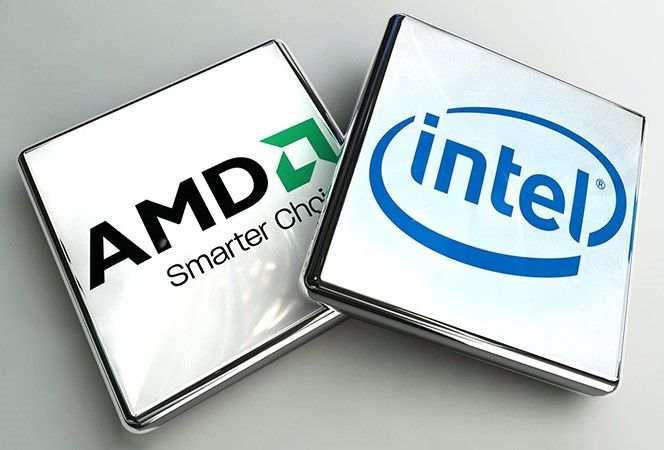Security researchers have discovered another vulnerability in Intel processors that could allow attackers to filter processor-encrypted data. The researchers, nicknamed PortSmash, have examined the findings on Intel Skylake and Kaby Lake processors. However, they suggested that all CPUs using a simultaneous multithreaded architecture (SMT) could be affected by the same vulnerability.
SMT allows multiple threads to run in parallel on one CPU core, and this vulnerability allows attackers to run a malicious process in addition to these legitimate processes by taking advantage of the architecture’s parallel threading capabilities. In this way, the malicious process can extract data from the other legitimate processes running on the same kernel.
Four scientists from Tampere Technical University in Finland, together with a researcher from Havana University of Technology (CUJAE) in Cuba have published a proof of concept for this new attack on GitHub.
“We recently discovered a new attack vector of the CPU microarchitecture,” the researchers wrote. “The cause of the error is that the engine is shared in SMT architectures (e.g., Hyper-Threading).
“More specifically, we discovered port containment to build a time channel to extract information from parallel processes in the same physical core.”
Proof-of-concept code is currently available in GitHub, which allows the PortSmash attack on any processor in the Intel Skylake and Kaby Lake family to be executed from the beginning. “For other SMT architectures, it is probably necessary to adjust spyware strategies proactively over time,” the researchers said. Regarding the impact on AMD systems, the research team told ZDNet that suggests AMD CPUs are also affected.
Intel officially responded to this determination, arguing that Intel processors were not the only ones affected by the problem:
“Intel received a notification of the investigation. This problem does not depend on speculative execution and is therefore not associated with spectrum, merger or L1 terminal failure. We hope it’s not just Intel platforms,” said a company spokesperson.
